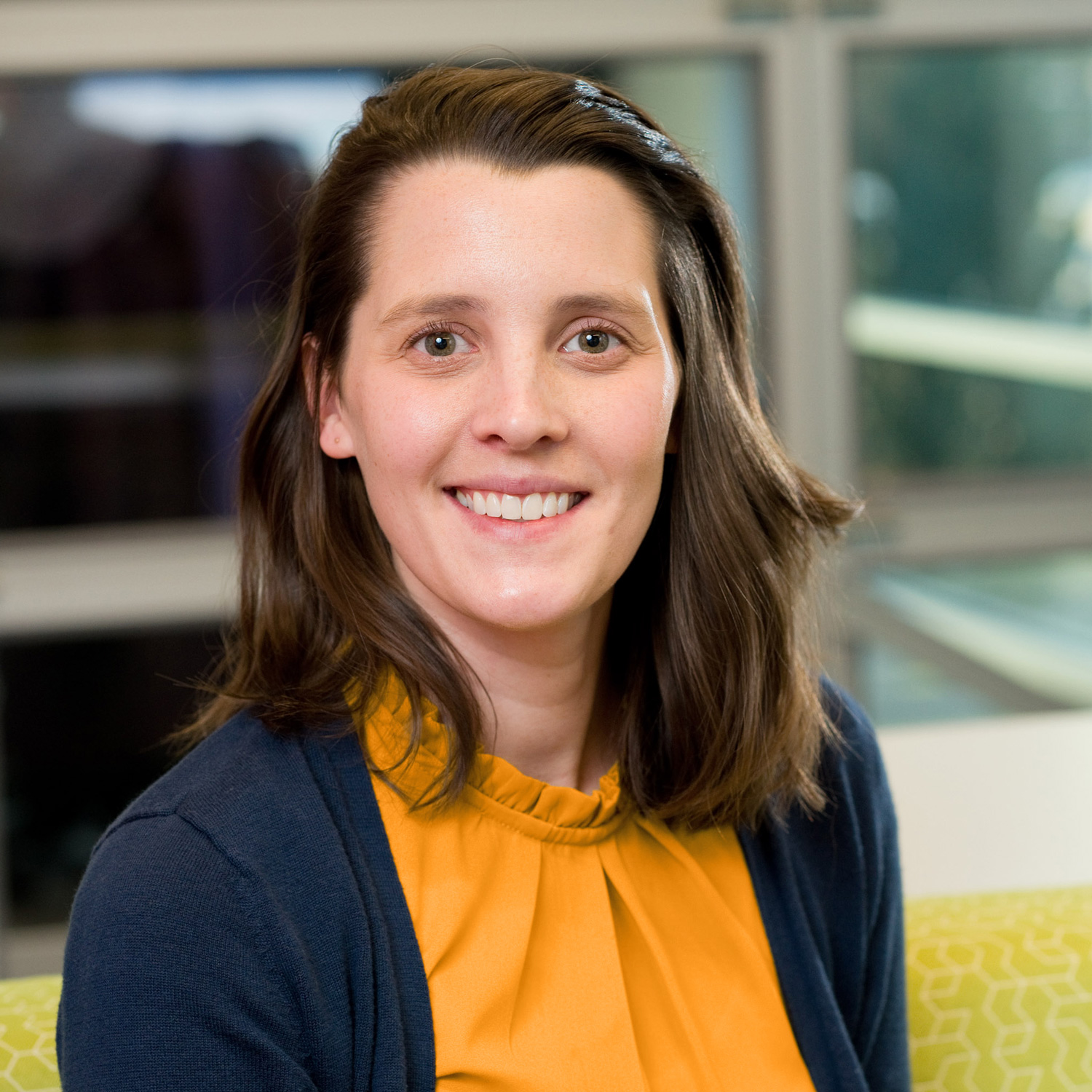In 2020, we published a 10 report series summarizing the findings of all of the research we’ve conducted to date. Nearly 100 resources were included in this review, and collectively they provide valuable insights for researchers and practitioners on many aspects of online teaching and learning, such as:
- K-12 onsite mentoring
- K-12 online best practices
- Online student motivation
- K-12 blended teaching and professional development, and
This blog series is meant to accompany these reports and further explore the practical implications of those years of research.
Blended learning, teaching, and professional development was a focus of research for the Michigan Virtual Learning Research Institute over the last 8 years. While blended learning may share some characteristics with online learning, it has distinct challenges and features that necessitate consideration.
Over the years, our research team has explored topics around blended learning, teaching, and professional development such as:
- The challenges of blended teaching
- The professional development needs of blended teachers
- Blended learning from the student perspective, and
- Blended learning for students with disabilities
These matters as well as resulting implications and best practices are further explored below. For more information on any of the topics below please see the full research reports on K-12 Blended Learning and Blended Teaching and Professional Development.
Blended Teaching
While there is not necessarily a “profile” of a blended teacher, K-12 teachers practicing blended teaching do tend to exhibit common characteristics, such as flexibility and a focus on personalized instruction. Flexibility is essential to successful blended teaching as each day presents new challenges and opportunities. Keeping learning student-centered and being open to student input are crucial components of personalized instruction.
Blended teachers expressed a desire for support from school leadership for blended learning and collaboration among teachers.
Blended teachers also tend to report a series of common challenges associated with implementing blended learning in their schools and classrooms, such as issues with:
- Student access and equity
- Technology and internet
- Parental support and involvement
We share this information not to discourage others, but to provide transparency and help others overcome similar challenges. Keep in mind that even successful and experienced blended teachers encounter these challenges.
Support for Blended Teachers
Administrator support, specifically in terms of professional development (PD) offerings and resources, allows teachers to experiment with blended learning and move out of their “comfort zone” a bit.
Support from colleagues who are also implementing blended learning provides encouragement for teachers as well as just-in-time support and resources. When leadership isn’t supportive and resources are not properly invested in blended learning, it can present a significant challenge to blended learning implementation.
Despite the need for blended teaching PD, there are currently limited PD opportunities for K-12 teachers, including but not limited to a lack of college programs offering blended learning courses. There are resources for teachers on blended learning; however, it is usually up to the teacher to seek out these resources on their own.
As blended learning becomes more common, it will be crucial for school leaders to ensure blended teachers are supported by:
- Providing continuous PD and coaching
- Allowing time for educators to collaborate with their peers
- Encouraging teachers to develop and modify resources and lessons
K-12 Blended Learning
The field of K-12 blended learning research is still growing and evolving, especially in regards to K-12 blended learners with disabilities. More research is needed to understand the unique challenges K-12 learners with disabilities face in blended learning environments.
The existing research has shown that K-12 teachers tend to have more positive perceptions overall of blended learning, more so than K-12 students who may initially struggle with self-regulation in blended settings.
Other studies focusing on K-12 blended learning have indicated that some K-12 students may initially struggle with blended learning, particularly around self-regulated learning and taking more control over their learning. Effective ways to support K-12 blended learners, particularly those with disabilities, is an area that is in need of further research.
Blended Teaching and Learning References
Bruno, J. (2017a).The changing role of educators: The blended teacher. Michigan Virtual University. https://michiganvirtual.org/research/publications/the-changing-roles-of-educators-series-the-blended-teacher/
Bruno, J. (2017b). The changing roles of educators series: The instructional technologist. Michigan Virtual University. https://michiganvirtual.org/research/publications/the-changing-roles-of-educators-series-the-instructional-technologist/
Bruno, J. & Kennedy, K. (2016). The changing role of educators: The blended learning coach. Michigan Virtual University. https://michiganvirtual.org/research/publications/the-changing-roles-of-educators-series-the-blended-learning-coach/
DeWitt, J. (2017). District-level blended learning implementation: Readiness points and challenges. Michigan Virtual University. https://michiganvirtual.org/research/publications/district-level-blended-learning-implementation-readiness-points-and-challenges/
Graham, C. R., Borup, J., Pulham, E., & Larsen, R. (2017). K-12 blended teaching readiness: Phase 1-Instrument development. Michigan Virtual University. https://michiganvirtual.org/research/publications/k-12-blended-teaching-readiness-phase-1-instrument-development/
Kennedy, K., & Gerlach, J. (2017). iEducator 21st century digital learning corps: Blended teaching and learning. Michigan Virtual University. https://michiganvirtual.org/research/publications/ieducator-21st-century-digital-learning-corps-blended-learning-teaching/
Oliver, W. (2016, February 10). Teacher self-assessment for blended learning. Michigan Virtual University. https://michiganvirtual.org/blog/teacher-self-assessment-for-blended-learning/
Rice, M. & Dykman, B. (2014, December 17). More studies needed on blended learning for students with disabilities. Michigan Virtual University. https://michiganvirtual.org/blog/more-studies-needed-on-blended-learning-for-students-with-disabilities/
Roberts, V. & Stimson, R. (2016). Professional learning for blended education: Michigan teacher case studies. Michigan Virtual University. https://michiganvirtual.org/research/publications/professional-learning-for-blended-education-michigan-case-studies/
Siko, J. (2014, October 20). Parent and student perceptions of blended learning. Michigan Virtual University. https://michiganvirtual.org/blog/parent-and-student-perceptions-of-blended-learning/
Stimson, R. S., Freidhoff, J. R., & Kennedy, K. (2014). Supporting online learners: Michigan mentor program case studies. Michigan Virtual University. https://michiganvirtual.org/research/publications/supporting-online-learners-michigan-mentor-program-case-studies/
Werth, L., Werth, E., Curtis, H., Kellerer, P., Kellerer, E., Reberry, S., & Walker, N. (2016). Transforming rural K-12 education through blended learning: Student perspectives. Michigan Virtual University. https://michiganvirtual.org/research/publications/transforming-rural-k-12-education-through-blended-learning-student-perspectives/
Research Round Up blog series
In our Research Round Up blog series, we explore the practical implications from years of digital learning research. Next month’s topic will be Michigan K-12 Online Learning Demographics, Effectiveness, Evaluation, Quality, & Policy. Stay up to date on future blogs in this series by signing up for email notifications!

